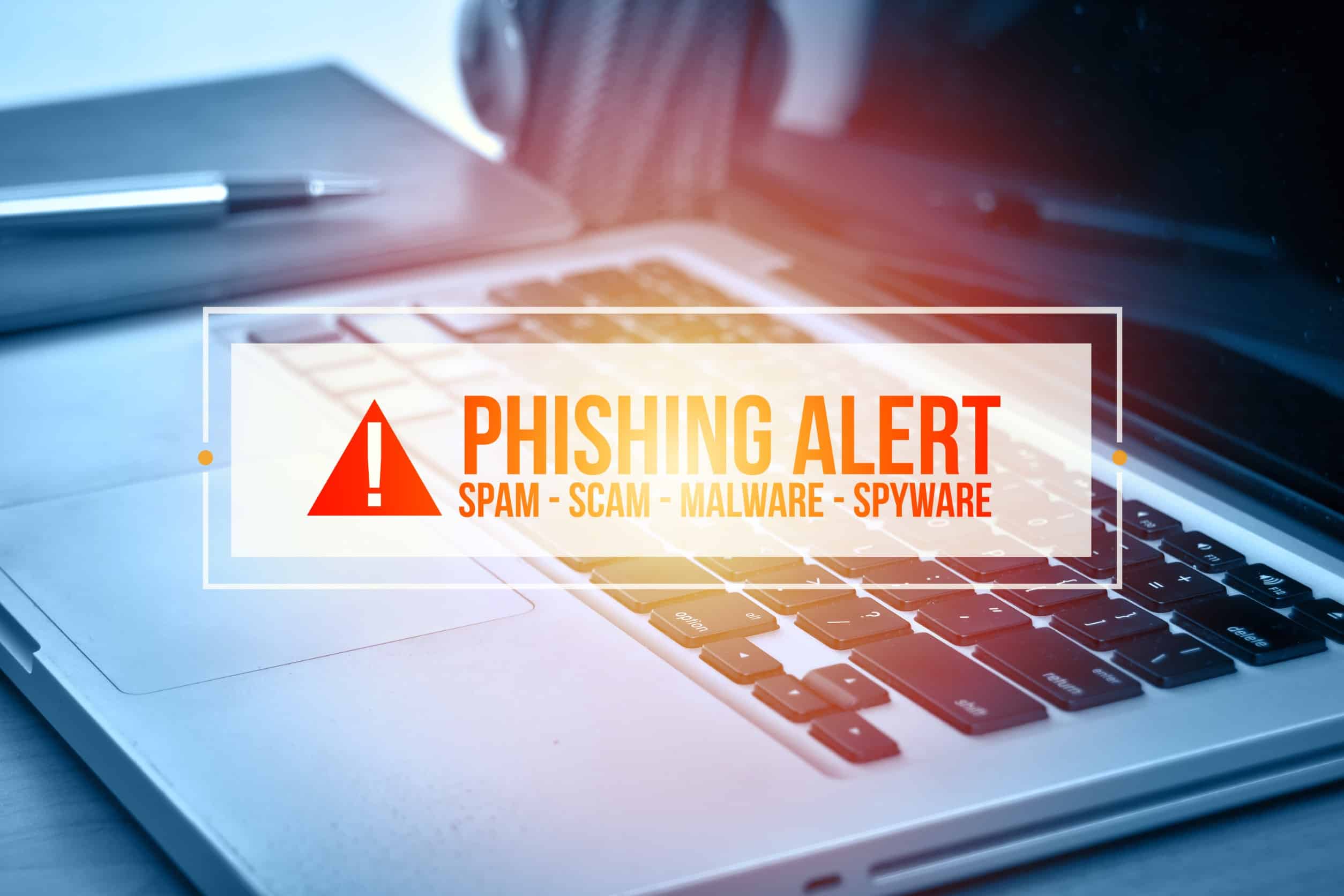
In today's digital world, where businesses are heavily reliant on technology and online platforms, cybersecurity threats have become more sophisticated and prevalent. One such threat that organizations need to be wary of is phishing attacks. Phishing attacks involve tricking individuals into disclosing sensitive information, such as login credentials or financial details, through malicious emails, websites, or messages.
Phishing attacks can have devastating consequences for businesses, including financial loss, reputational damage, and compromised customer data. It is crucial for organizations to implement robust strategies and utilize appropriate tools to protect their business from falling victim to these attacks. In this blog, we will discuss some effective strategies and essential tools that businesses can use to safeguard themselves against phishing attacks.
Employee Education and Training
One of the most important steps in protecting your business from phishing attacks is educating your employees about the dangers posed by phishing and raising awareness about the different tactics used by cybercriminals. Conduct regular training sessions to educate employees on how to identify phishing emails, recognize suspicious URLs, and avoid downloading attachments or clicking on unfamiliar links without verifying the source. With proper education, employees will become the first line of defense against phishing attacks.
Implement Strong Security Policies
Having strong security policies in place is crucial for protecting your business from phishing attacks. Implement policies that enforce multi-factor authentication for accessing sensitive information, prohibit the sharing of credentials, and restrict access to critical systems and data on a need-to-know basis. Regularly update and enforce these policies to ensure that employees adhere to them and remain vigilant.
Keep Systems and Software Updated
Phishing attacks often exploit vulnerabilities in software or operating systems to gain unauthorized access. It is essential to keep all business systems and software up to date with the latest security patches and updates. Regularly check for software updates and apply them promptly to reduce the risk of falling victim to known vulnerabilities that cybercriminals could exploit.
Email Filtering and SPAM Protection
Implementing robust email filtering and spam protection solutions can significantly reduce the likelihood of your employees receiving phishing emails in their inbox. These solutions can automatically filter out suspicious emails and prevent them from reaching employees' inboxes, flagging them as potential threats. By effectively blocking phishing attempts at the email gateway, you decrease the chances of someone accidentally clicking on a malicious link or divulging sensitive information.
Use Anti-Phishing Tools and Software
Investing in advanced anti-phishing tools and software is crucial for protecting your business against phishing attacks. These tools can analyze incoming emails, URLs, and attachments, identifying potential threats and blocking them before they reach users. Some of these tools provide real-time protection against new and emerging phishing techniques, leveraging machine learning algorithms to detect and prevent attacks.
Regular Security Assessments and Testing
Regular security assessments and penetration testing can help identify any vulnerabilities in your business's systems, networks, or processes. By simulating real-world phishing attacks, you can assess whether your employees are effectively applying what they have learned, identify areas that need improvement, and take necessary corrective actions to strengthen your security posture. It is essential to conduct these assessments regularly to stay proactive and stay ahead of new phishing tactics.
Conclusion
Phishing attacks continue to pose a significant threat to businesses of all sizes. By implementing the strategies and utilizing the tools discussed in this blog, you can significantly reduce the risk of falling victim to such attacks. Educate your employees, implement strong security policies, keep systems updated, use email filtering and anti-phishing software, and conduct regular security assessments to ensure your business is well-protected from phishing attacks. Remember, preventing these attacks requires constant vigilance and a proactive approach towards cybersecurity.